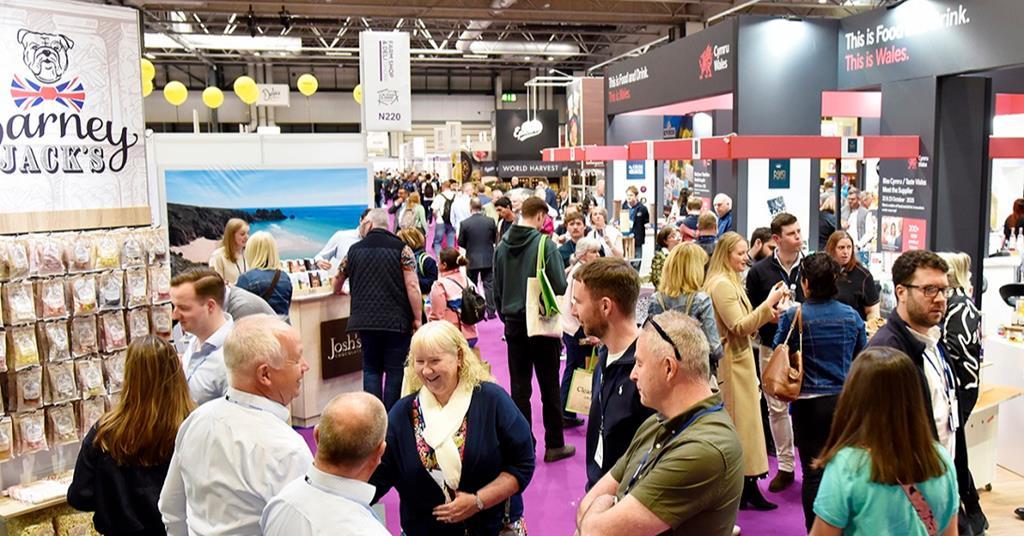Political pressure is growing at Stormont to secure agreed post-Brexit trade deals for Northern Ireland's agri-food sector.
Declan McAleer, Sinn Féin MLA and deputy chair of Northern Ireland's Agriculture, Environment and Rural Affairs Committee (AERA), speaking to the Stormont Assembly, called on the UK government to take urgent steps with the EU to protect farmers and ensure supplies of veterinary medicines.
He believes this will be crucial to preserving Northern Ireland's vital dual market access.
Declan McAleer of Sinn Féin
McAleer said: “In 2016, the people of Northern Ireland voted to remain in the EU and that democratic decision continues to resonate today.”
“I firmly believe that our long-term future would be best served by eventual re-joining the EU and I welcome the clear assurances from EU leaders that if Irish unity were achieved we would automatically regain full EU membership.”
“From an agricultural perspective, the Windsor Framework has been crucial in addressing the trading realities created by Brexit.
“It prevented the return of a hard border, upheld the Good Friday Agreement and protected our unique dual market access.
The deputy chair of the AERA committee said this dual access for Northern Ireland's agri-food sector represents “a significant economic benefit” for farmers and rural communities.
“For example, a third of milk produced in the north, around 800 million liters per year, is exported to the south for processing. This trade is vital to our agri-food sector,” McAleer said.
“It is important to recognize that many of the challenges we now face, including difficulties with veterinary medicines, could have been avoided if the original backstop agreement had been accepted rather than opting for a harder Brexit.”
“These issues are not theoretical – they affect farmers, manufacturers, shippers, pharmacists and families in every community.”
Partnership between the UK and the EU
The West Tyrone MLA is calling on the UK Government to find practical, long-term solutions in partnership with the EU.
He believes aligning with EU standards would significantly reduce trade tensions and provide much-needed stability and clarity to Northern Ireland's agri-food industry.
McAleer said: “The EU-UK Joint Committee remains a crucial mechanism for solving problems, strengthening food security and supporting rural livelihoods and I strongly support its continued use.”
“While the supply of medicines has improved somewhat and routes can now run through the south rather than the UK, challenges remain, including concerns about access to key vaccines such as the botulism vaccine.”
“It is vital that both the UK government and the EU step up their efforts to reduce this disruption and protect our agricultural sector.”
AERA chair
Meanwhile, AERA Committee Chairman Robbie Butler MLA has also raised these matters in the Assembly discussion room in recent days.
He told the chamber: “We were told that Brexit would bring opportunities and we were assured that the Windsor framework would provide certainty.”
“Instead, farmers, veterinarians and agribusinesses were left in the dark and safe.
“DEFRA’s recent confirmation that 10 to 15% of veterinary medicines will be discontinued and that some sectors will suffer even greater losses shows how far the reality has diverged from the repeated promises made to this sector.”
The Ulster Unionist Party (UUP) MLA said the scrutiny committees at both Westminster and Stormont had “repeatedly warned that Northern Ireland was heading towards a precipice”, but noted that progress by the UK government and the European Commission was “painfully slow”.
“Trust has been further damaged by delayed timelines, mixed messages and a lack of clear leadership,” Butler said.
“For an industry already struggling with rising costs, volatile markets and increasing regulatory pressure, this uncertainty is unbearable.”





